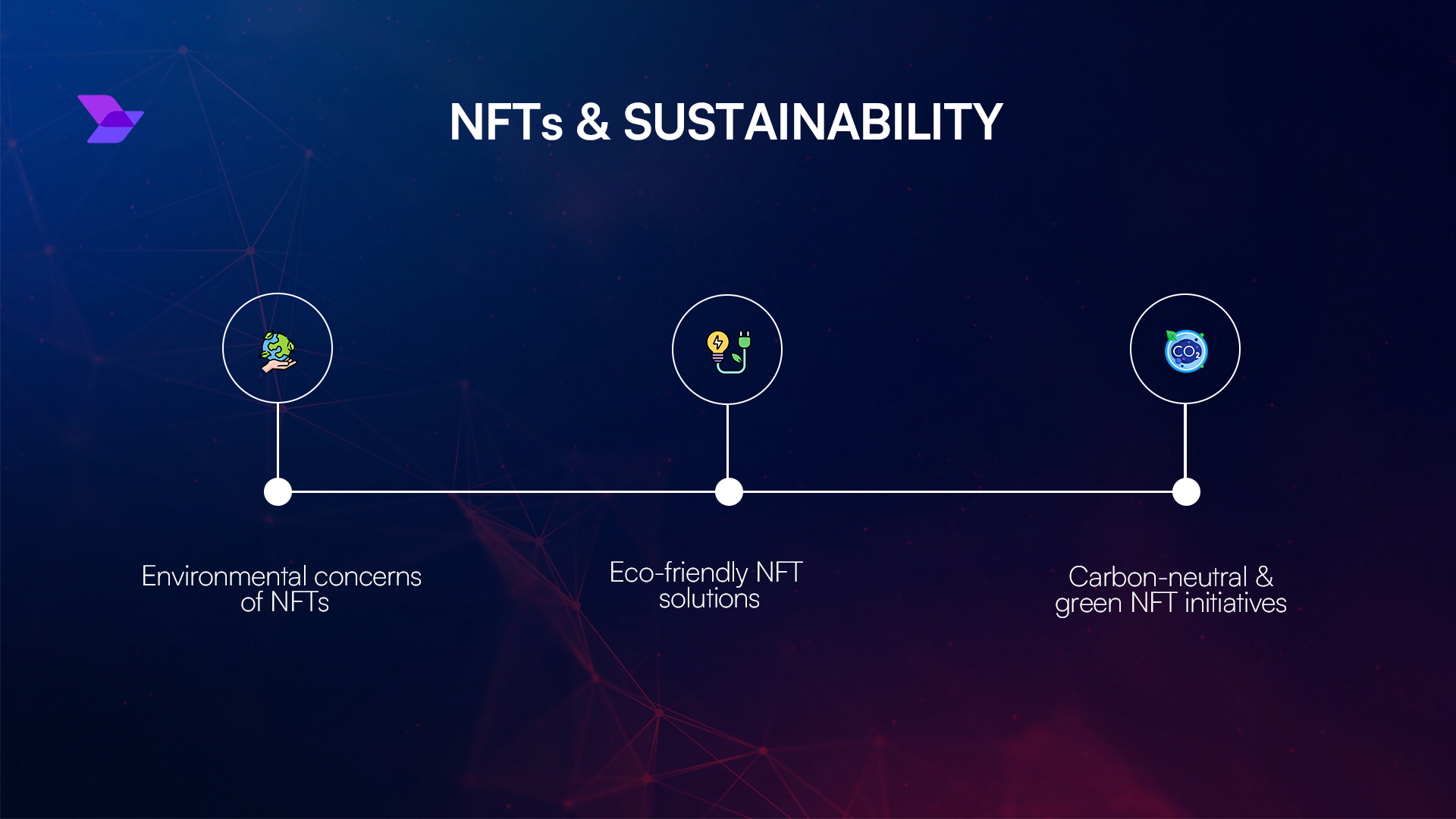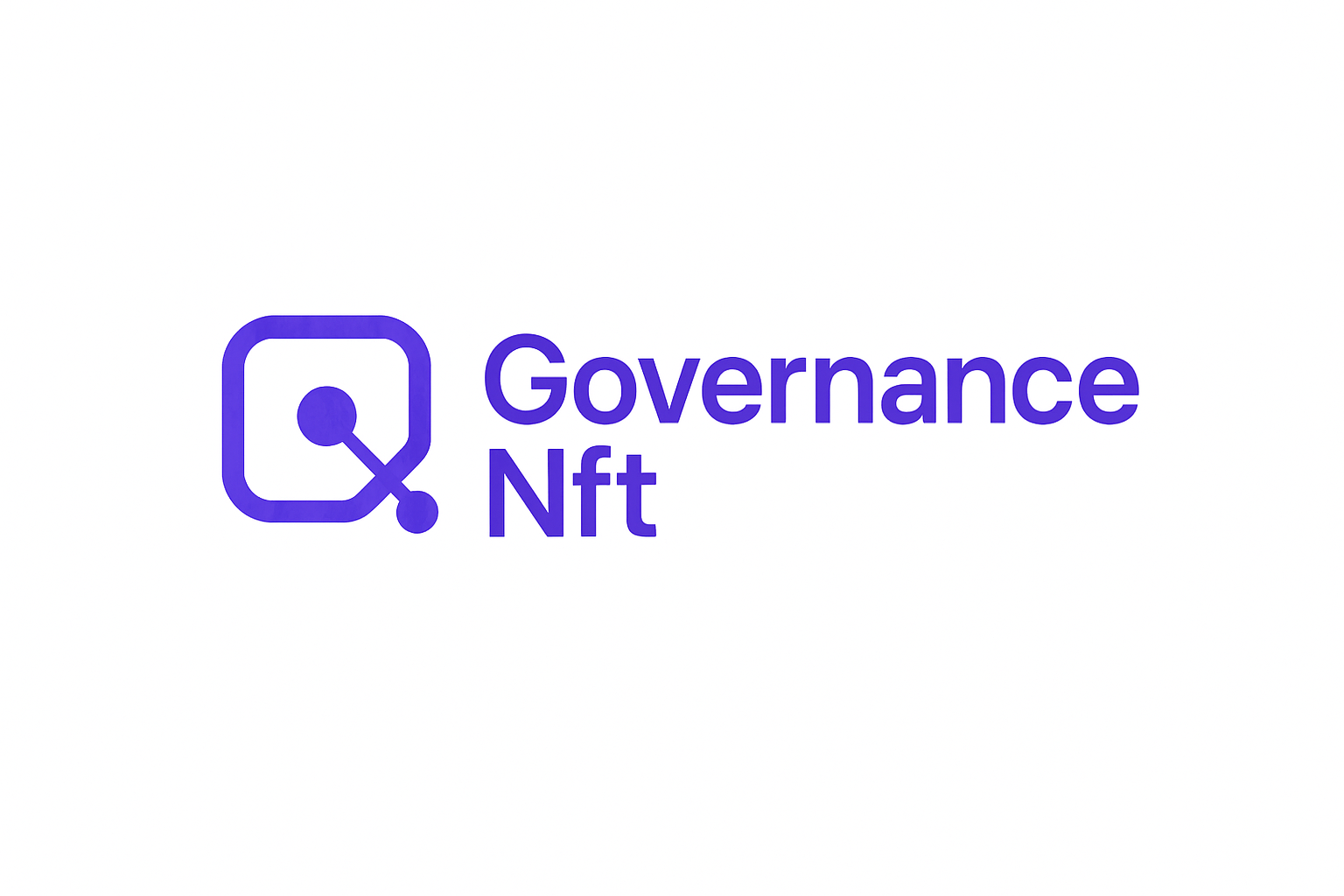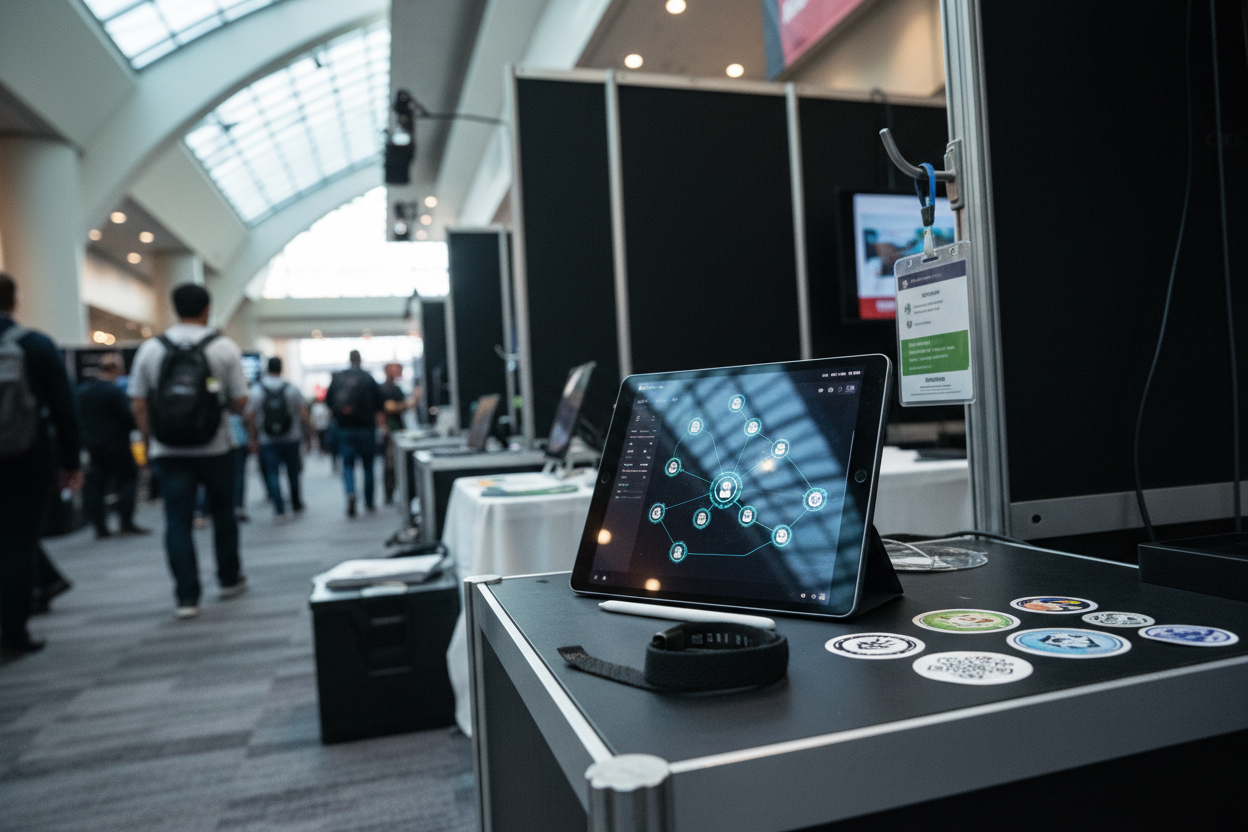
Decentralized Autonomous Organizations (DAOs) are rapidly evolving, and at the heart of this transformation is the rise of NFT governance badges. These non-fungible tokens serve as verifiable, on-chain credentials that fundamentally reshape how voting rights and participation are distributed within decentralized communities. Instead of relying solely on fungible tokens to determine influence, DAOs are now leveraging NFT-based participation systems to promote transparency, meritocracy, and active engagement.

Decoupling Voting Power from Token Holdings
Traditionally, most DAOs have allocated voting rights based on the number of governance tokens held by each participant. While simple in design, this approach often concentrates power among large token holders and marginalizes those who contribute meaningfully but lack substantial capital. NFT-based governance badges directly address this imbalance by assigning voting weight according to achievements, roles, or sustained engagement within the community.
For example, platforms such as Snapshot allow DAOs to configure voting structures where holding a specific badge – such as one awarded for leading a working group or moderating community forums – translates into greater influence over key proposals than simply holding tokens. This decoupling ensures that authority is more closely tied to authentic participation rather than financial stake alone. As highlighted by recent research, these mechanisms create a more dynamic and equitable system for DAO governance.
Building Reputation-Based Voting Systems
The shift toward decentralized governance credentials introduces robust reputation systems that are both transparent and tamper-proof. Each NFT badge acts as an immutable record of a member’s contributions, roles held, or projects completed. Because these badges are issued on-chain and tied to individual wallets, they serve as unique digital IDs that can be verified by anyone in the community.
This approach not only increases trust among participants but also effectively prevents Sybil attacks – attempts by bad actors to gain undue influence by creating multiple accounts. By requiring non-transferable NFT badges for voting eligibility, platforms like EtherScore and GovernanceNFT. com ensure that each participant is uniquely identifiable and fairly represented in decision-making processes.
Incentivizing Active Participation Through Merit-Based Rewards
A key advantage of NFT-based participation is its ability to incentivize genuine engagement. Rather than rewarding passive token holding, DAOs can issue badges for activities like attending meetings, completing tasks, or making significant contributions to collective goals. Accumulating these badges can unlock additional voting power or grant access to exclusive opportunities within the organization.
This meritocratic model is exemplified by platforms like EtherScore, which assign voting power tiers based on badge accumulation. As documented in several case studies from leading web3 communities, members with proven track records not only gain more influence but also inspire others to participate actively – fostering a culture of accountability and shared ownership.
Integrating NFT governance badges into the voting process also opens doors for creative incentive structures. Some DAOs are experimenting with badges that unlock tiered rewards, such as access to special forums, eligibility for BTC-based rewards, or participation in advanced governance processes. This gamified approach not only increases engagement but also aligns individual incentives with the long-term success of the DAO.
Importantly, these badges can be tailored to reflect a wide spectrum of contributions. For instance, a DAO might issue distinct badges for technical development, community moderation, event organization, or educational outreach. By recognizing diverse forms of value creation, DAOs ensure that all essential roles are acknowledged and rewarded, not just those tied to financial investment.
Practical Considerations for Implementation
For DAOs considering the adoption of NFT-based governance badges, several best practices have emerged:
- Transparent Criteria: Clearly define what actions or milestones merit badge issuance. Publicly document these criteria to maintain trust.
- Smart Contract Automation: Use audited smart contracts to automate badge distribution and minimize manual intervention or errors.
- Non-Transferability: Favor soulbound (non-transferable) badges for voting rights to ensure that reputation and influence cannot be bought or sold on secondary markets.
- Integration with Voting Platforms: Ensure seamless interoperability with platforms like Snapshot so that voting power directly reflects badge ownership.
Comprehensive documentation and transparent logs of issued badges further bolster accountability and allow any member to audit the system’s integrity. For more guidance on practical steps and integration strategies, see our guide on minting and using DAO governance NFT badges.
The Future: From Token-Weighted to Contribution-Weighted Governance
The momentum behind NFT-based participation signals a broader philosophical shift in web3 governance, from systems dominated by capital allocation to those driven by authentic contribution. As more DAOs adopt these decentralized credentials, we can expect further innovation in reputation-based voting models and richer ecosystems of community recognition.
This evolution is not without challenges. Ensuring fair badge criteria, preventing badge inflation, and maintaining robust privacy protections will require ongoing experimentation and iteration. However, the early results from pioneering projects suggest that the benefits, greater transparency, reduced risk of manipulation, and higher member satisfaction, outweigh the hurdles.
The emergence of platforms like GovernanceNFT. com underscores this trend by providing dedicated infrastructure for issuing, managing, and verifying governance NFTs at scale. By leveraging these tools alongside established best practices, DAOs can build more resilient communities where authority is earned through meaningful action, not just token accumulation.






